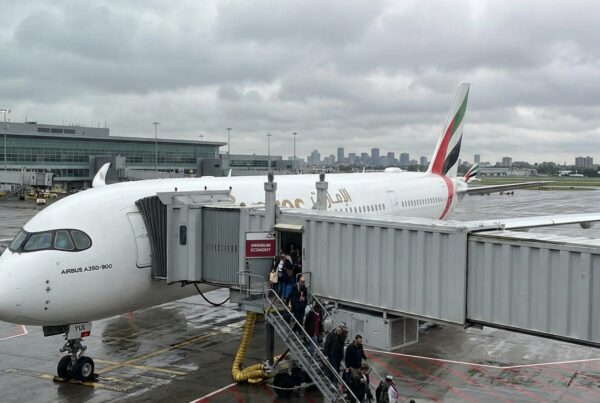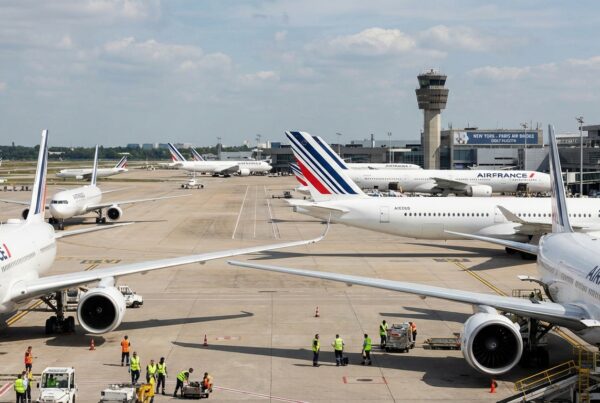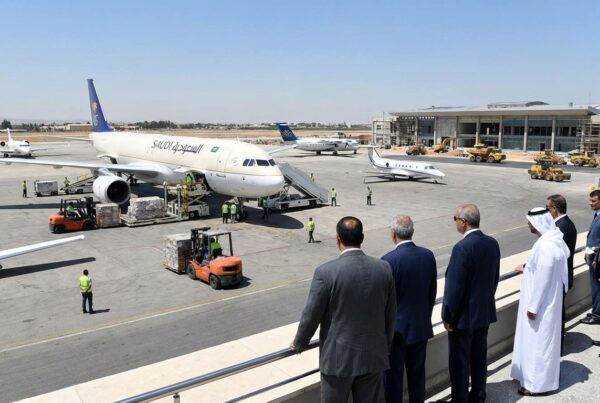The recent increase in the Airline Ticket Solidarity Tax (TSBA) has reopened a crucial debate on the future of air transport in France. Between reservations on the part of low-cost airlines, concerns on the part of local authorities and an effective increase in ticket prices, the sector is facing a real risk of losing capacity and regional connections. This article deciphers the immediate consequences and plausible scenarios for the months ahead, based on analyses published by Flywest.
TSBA: an increase that undermines the competitiveness of the French network
The recent increase in the **TSBA** - sometimes referred to as the Chirac tax - has come as a shock to many in the air transport industry. According to Flywest, the tripling of this tax on certain ticket categories has a direct impact on the **cost of a ticket** and reduces the margins of airlines, particularly low-cost players who have built their model on highly competitive fares. This tax measure alters the economic balance of short and medium-haul routes operated from **regional airports**, where margins are often already tight.
Ryanair and the logic of base arbitration
For a company like Ryanair**, the tax increase is making certain hubs unprofitable. According to Flywest, the low-cost carrier is threatening to close bases or reduce frequencies if taxes are not reviewed. This type of arbitration is motivated by the need to optimize fleet utilization: it is more profitable to allocate aircraft to airports where the tax and airport burden is more favorable. As a result, routes considered marginal may disappear, to the detriment of regional **connectivity** and fare choice for passengers.
Consequences for regional airports and local communities
Regional airports** suffer a double whammy: a potential drop in traffic and a reduction in non-ticket tax revenues, such as commercial fees. According to Flywest, the elimination or reduction of routes by a major airline has a domino effect on the local economy: reduced tourism, less attractiveness for businesses and fewer induced jobs. The dependence of certain regions on one or two airlines makes them particularly vulnerable to carriers' strategic decisions.
Impact on tourism, employment and services
In the short term, the disappearance of a route can lead to an immediate drop in foreign visitors and an increase in the cost of business travel. Hoteliers, car rental companies and other players in the tourism industry quickly feel the pinch. Flywest stresses that the loss of seasonal routes to leisure destinations risks amplifying the concentration of traffic on a few hubs, to the detriment of a balanced service across the region.
What effect will this have on travellers' wallets and on competition?
The increase in the TSBA mechanically translates into higher fares, which are partially passed on to the end consumer. But the impact goes beyond price: less competition on a route encourages higher fares over the medium term, and reduces travel options. Flywest reminds us that **competition** between airlines is an essential lever for maintaining low prices and high flight frequency. Fewer airlines on a hub means fewer promotional offers and less resilience in the face of disruption.
Possible scenarios and mitigation levers
Several scenarios may emerge, depending on the evolution of political and commercial trade-offs. The first scenario is that route cancellations will continue, leading to a consolidation of traffic on the major European hubs. The second, more favorable scenario, would see negotiations between local authorities and airlines to partially offset the extra cost through incentives or local modulation of charges. Flywest insists on the importance of strategic thinking on a national scale to preserve the country's **connectivity** and tourist and economic attractiveness.
What can travellers and local players do?
Travellers need to factor the fiscal variable into their fare comparisons, and anticipate a possible scarcity of direct flights from certain regions. Local players, for their part, can engage in proactive dialogue with airlines and authorities to devise temporary support mechanisms or joint commercial offers that make routes viable. Flywest recommends evaluating overall costs - fare, duration, connections - rather than focusing solely on the advertised price.
The TSBA increase raises a central question: how can we reconcile budgetary objectives with maintaining a competitive air transport network throughout France? The answer will depend on political choices and the ability of stakeholders to find pragmatic solutions to preserve **connectivity**, **employment** and **purchasing power** for passengers.




